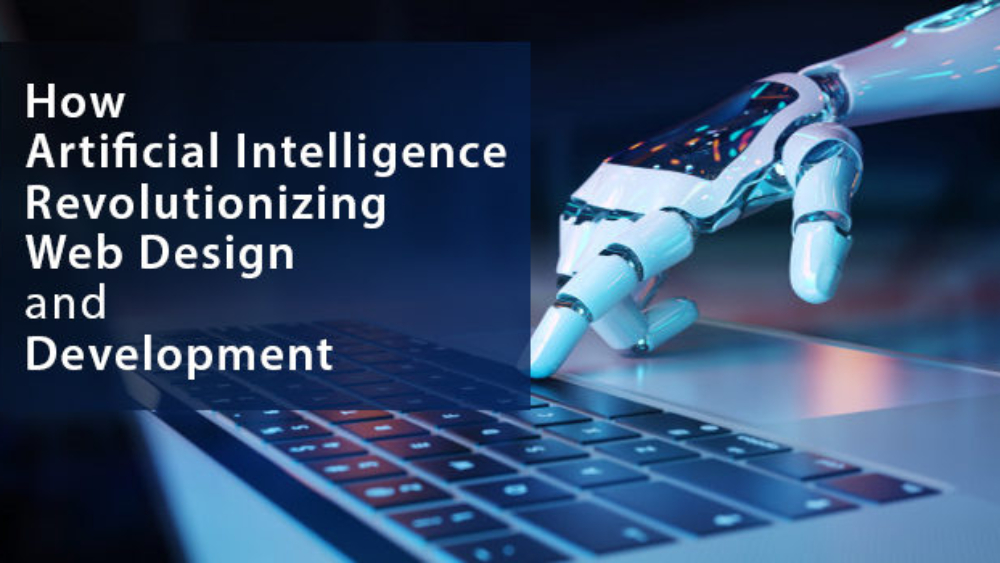Introduction
In the ever-evolving landscape of web designing, artificial intelligence (AI) has emerged as a game-changer, revolutionizing the way websites are created and optimized. From personalized user experiences to predictive analytics, AI is transforming the very fabric of web design. In this article, we will explore 10 ways AI is reshaping web designing and provide insights on how you can adapt to stay ahead of the curve.
Personalized User Experiences
AI-powered Chatbots
AI chatbots are redefining customer interactions on websites by providing real-time responses to queries and offering personalized recommendations based on user behavior.
Dynamic Content Generation
AI algorithms analyze user preferences and behaviors to create personalized content, leading to higher engagement and conversion rates.
Responsive Design Optimization
Automated Testing
AI tools can automate the testing of web designs across various devices and browsers, ensuring optimal responsiveness and performance.
Predictive Analytics
By analyzing user data, AI can predict user behavior and adapt website layouts in real-time to enhance user experience.
Visual and Graphic Design Enhancement
Image Recognition
AI algorithms can analyze images on websites to optimize layouts, enhance visual appeal, and ensure compatibility with different screen sizes.
Color Scheme Optimization
AI tools can suggest color schemes based on user preferences, cultural trends, and branding guidelines, improving the overall aesthetic appeal of web designs.
SEO and Content Strategy
Keyword Optimization
AI-powered tools analyze search trends and user intent to recommend relevant keywords and optimize content for better search engine rankings.
Content Generation
AI algorithms can generate high-quality content based on user inputs, helping websites maintain a consistent flow of fresh and engaging content.
E-commerce Optimization
Product Recommendations
AI algorithms analyze user browsing patterns and purchase history to provide personalized product recommendations, increasing conversion rates.
Pricing Strategies
AI can analyze market trends, competitor pricing, and user behavior to optimize pricing strategies for maximum profitability.
Security and Fraud Prevention
AI-powered Security
AI tools can detect and prevent cyber threats in real-time, safeguarding websites and user data from malicious attacks.
Fraud Detection
AI algorithms analyze user behavior patterns to identify and prevent fraudulent activities, ensuring the security of online transactions.
Conclusion
As AI continues to revolutionize web designing, staying ahead of the curve is crucial for web developers and designers. By leveraging AI technologies in personalized user experiences, responsive design optimization, visual and graphic design enhancement, SEO and content strategy, e-commerce optimization, and security measures, you can create websites that are not only visually appealing but also highly functional and user-friendly. Embracing AI in web designing is not just a trend but a necessity in today’s digital landscape. Stay informed, experiment with new AI tools, and continuously adapt to ensure your websites remain at the forefront of innovation.

